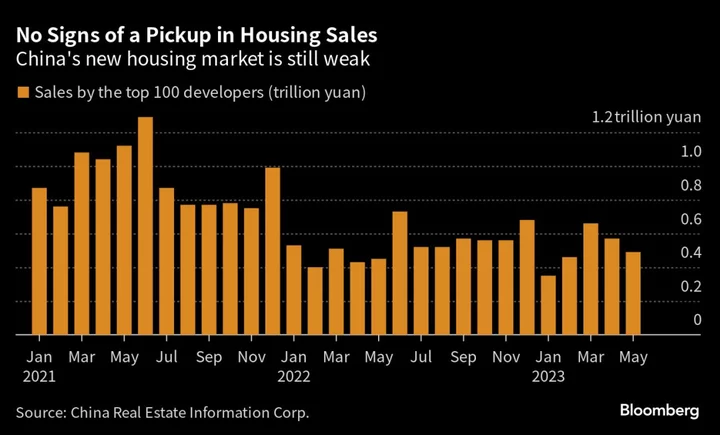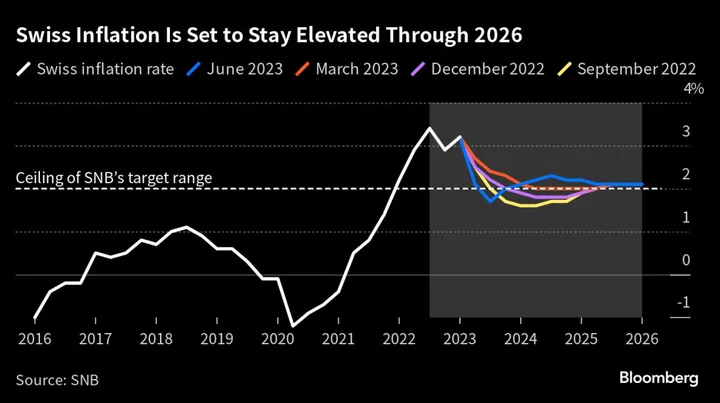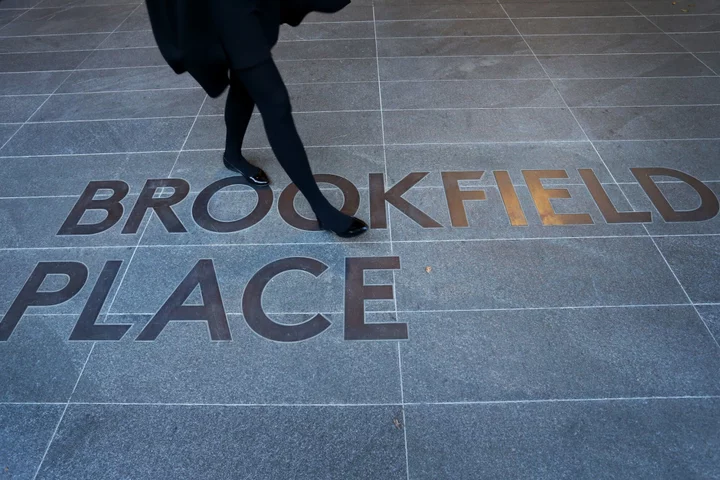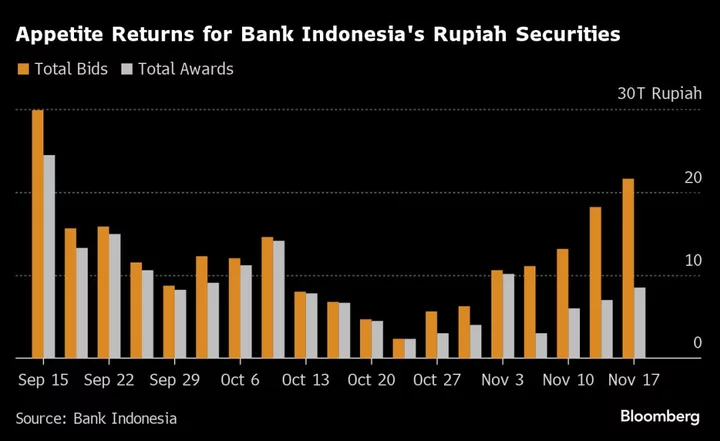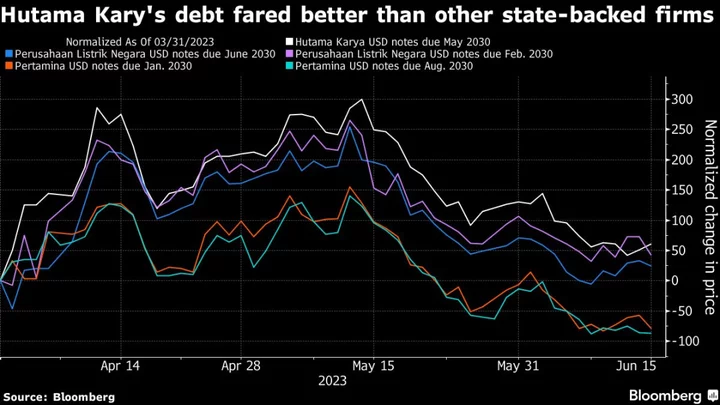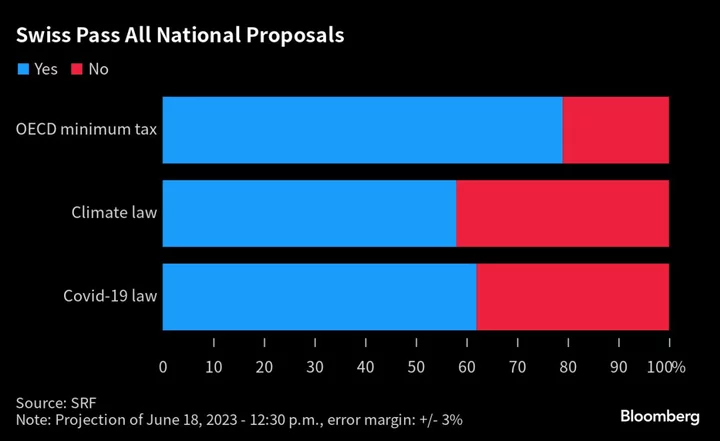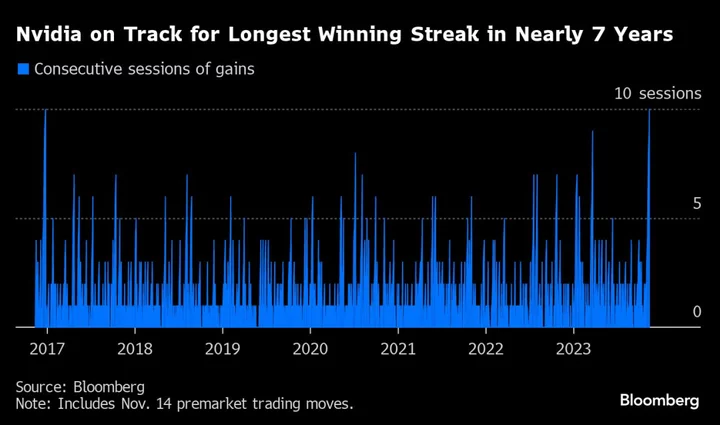More Chinese are seeing their incomes dropping now and expect housing prices to fall in the coming three months, a worrying sign for the struggling economy as it will likely undermine housing demand and hurt construction activity.
A gauge measuring how people felt about their income fell to 49.7, with about a sixth of the respondents saying they earned less money in the current quarter than in the first three months of the year, according to a regular survey of depositors conducted by the central bank. The gauge slumped last year as the country went into lockdown before rebounding again in the January-March period.
Almost 17% of people expect housing prices to fall in China next quarter. That was higher than 14.4% of people who said that in the survey last quarter. About 16% of people see home prices rising, down from 18.5% last quarter, while 54.2% see them being unchanged, basically the same as last quarter.
Housing construction is a critical sector for the economy which has been in crisis for about two years, with prices and building both slumping, property developers defaulting, many apartments sitting empty and unsold and some homeowners refusing to pay their mortgages. The central bank and local governments are now acting to cut rates and lower purchase restrictions to try and boost demand, but there’s little sign of a rebound in demand for new homes yet.
Read more: China Property Turns The Corner, Boosting Economy’s Outlook
The real estate industry did see a slight rebound in the first quarter, growing 1.3% for the first expansion in more than a year, but people are still reticent to borrow to buy new homes. Banks advanced the smallest amount of longer-term loans to households last year in almost a decade and borrowing was down another 13% in the first five months of this year, indicating fewer people are taking out new mortgages.
That weakness in demand for property is flowing through to other industries which supply the sector such as steel, glass or construction equipment, with the sales of excavators slumping 44% in the first 5 months of this year from the same period in 2022, following a 45% drop last year.

